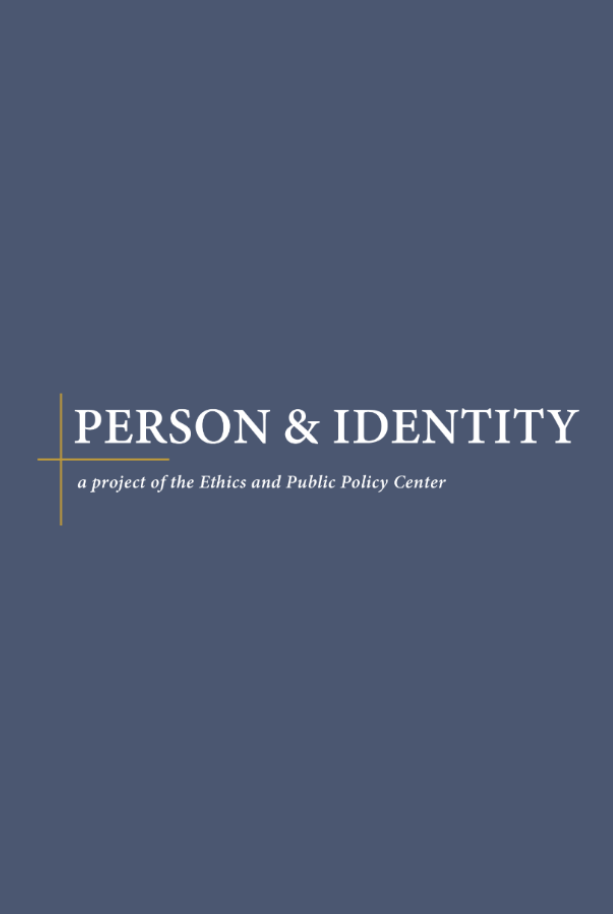Page Summary
- Just because an innocent victim is suffering, it doesn’t automatically mean that the content of the victim’s beliefs are true. We can still validate someone’s distress without validating their beliefs.
- Even gender theory would still require some people to change how they identify, so it’s not a unique fault of one side in the disagreement.
Does someone’s internal sense of their gender determine their existence as male, female, or other?
Philosophical objections to the previous article
Listen to this article
Rob identifies as a woman, so who are we to disagree, especially given the hatred Rob has suffered?
Rob’s suffering really matters in its own right, but there are various ways to care for another’s suffering. Validating people’s distress doesn’t have to mean validating their beliefs.


For example, some Catholics in post-Reformation England, like St. Robert Southwell, were tortured and executed for being Catholic. When he wrote An Epistle of Comfort, Southwell expressed a sentiment that might actually be shared by today’s LGBT advocates:
“Rack us, torture us, condemn us, yea grind us: your iniquity is a proof of our faith.”
As boldly poetic as the sentiment might be, it doesn’t prove that Southwell’s Catholic faith ought to be believed instead of the Anglican tenets of his persecutors, simply on the basis of his suffering. If someone today didn’t want to accept the Catholic faith, they wouldn’t have to also endorse religious persecution. It’s logically possible to defend Southwell from persecution without automatically believing he was right about everything.
When victims persist in a claim in spite of suffering, it isn’t proof that the claim is true, it’s evidence that the claim is sincere. Sincere, suffering people deserve at least two responses: first, to have their suffering treated compassionately and second, to have their sincere claims examined for truth on the merits of the claims themselves.
Is it unfair to Rob to expect him not to identify as a woman? Claire identifies as a woman too. Wouldn’t it be just as unfair if someone pressured her into being a man?
The argument implies that those who oppose gender theory want unequal treatment. In this thinking, someone like Claire is treated the way she identifies, whereas, if Rob were to identify as a woman like Claire, he would be treated differently. But Rob wouldn’t necessarily have an equal intention as Claire.
Imagine this from Claire’s perspective. She has just been told that she’s only considered to be a woman because she identifies as one. She could respond, “I’m not a woman because I identify as one, and I don’t identify as a woman because I have an internal sense of being a woman. My bodily reality determines how I identify, not the other way around. My internal sense varies day to day, and sometimes I don’t feel very ‘womanly’ at all. I’m a woman because of my objectively real and unchanging sex, no matter my internal sense.”
If others were to disagree with her, they would be imposing an unfair rule on Claire, ironically enough. To say that “people are whatever they identify as” would still pressure those like Claire to accept a differing account of themselves, just as much as saying that Rob is a man. Either Claire is mistaken about the cause of her identifying as a woman, or Rob is mistaken about the cause of his identifying as a woman, or they’re both mistaken. They can’t both be right.
It’s impossible to have any opinion about gender theory without also expecting at least some people to change the way they identify. It’s not a unique fault of one side or the other, it’s just the nature of the conversation.



